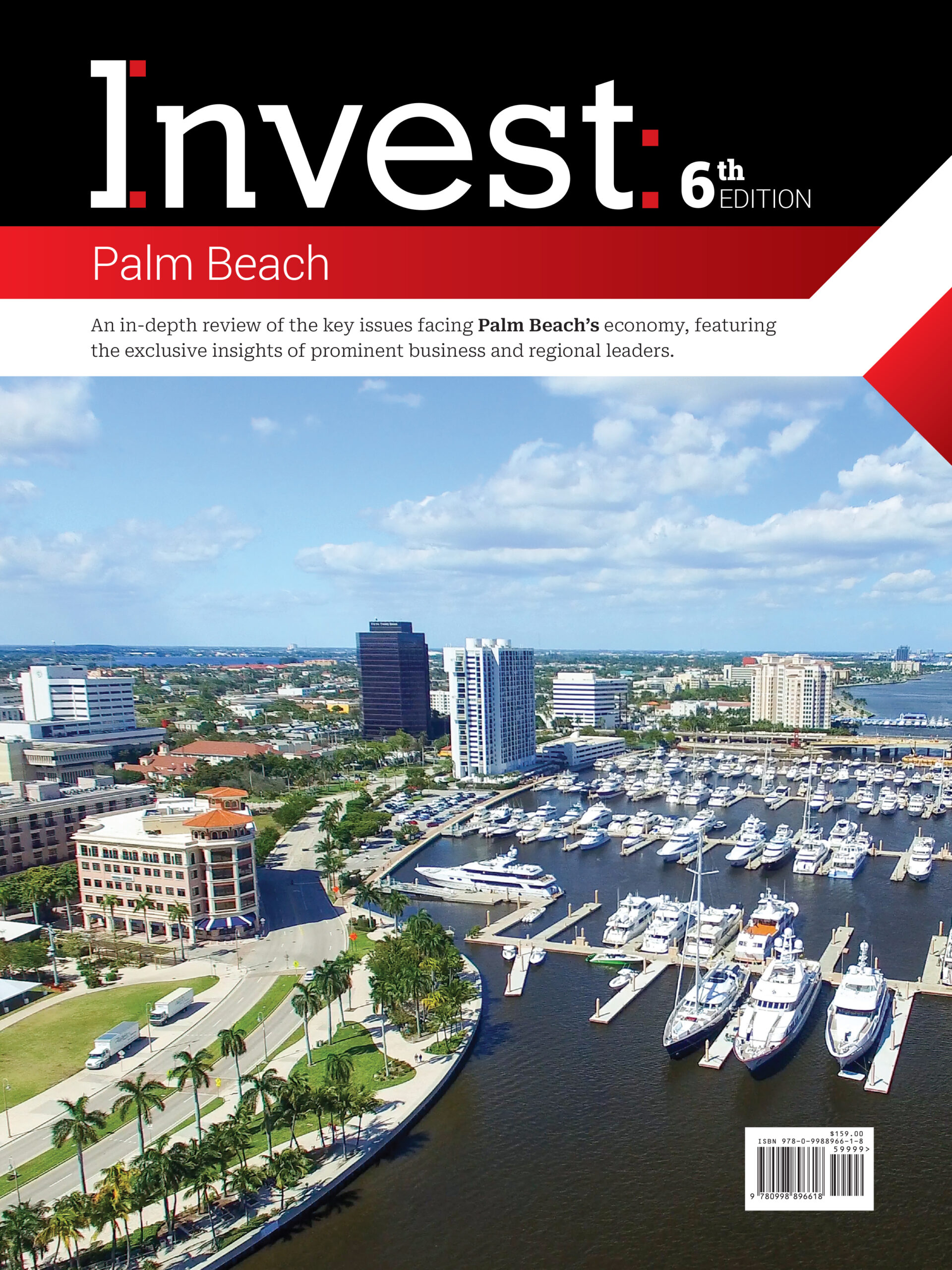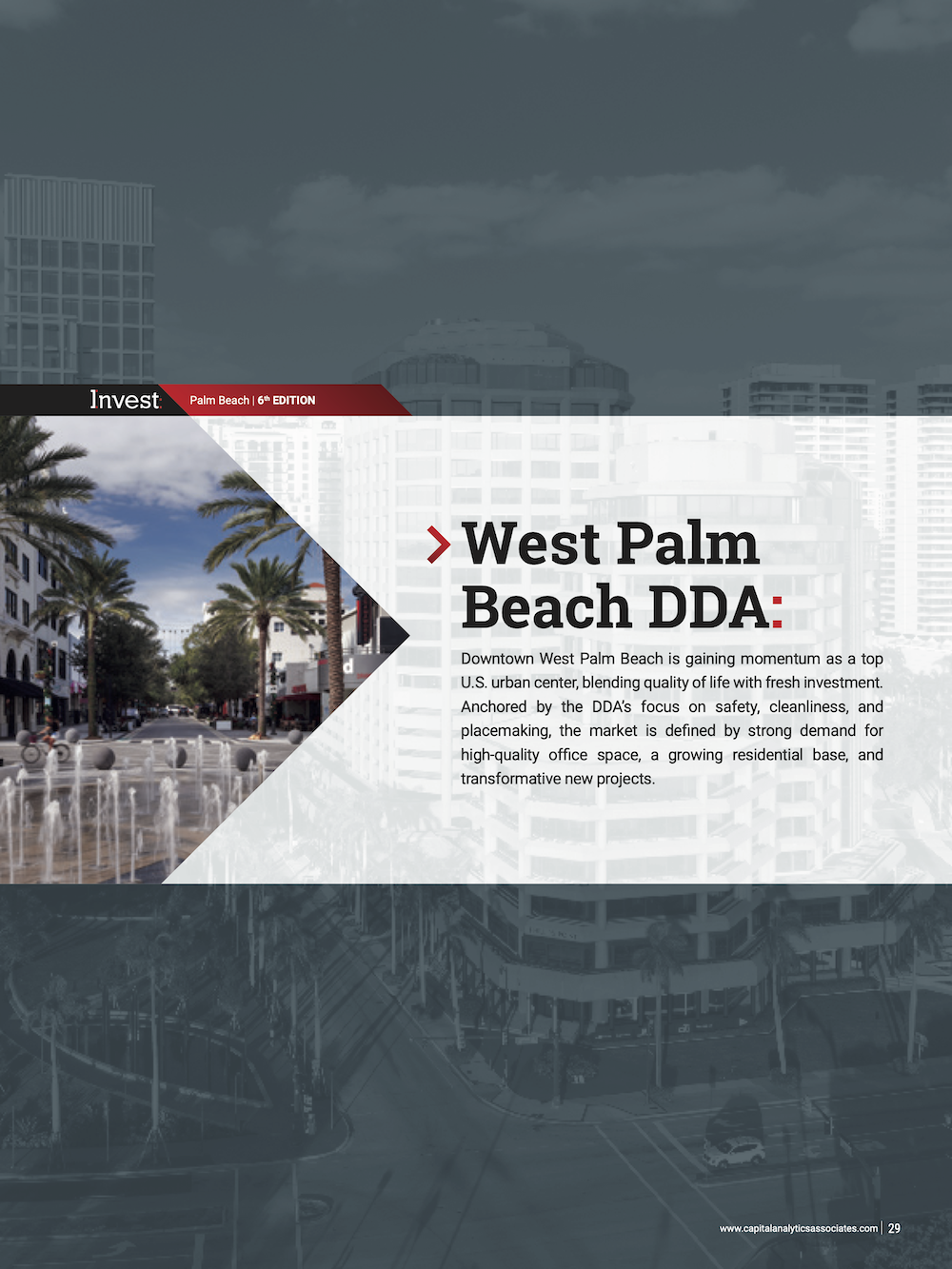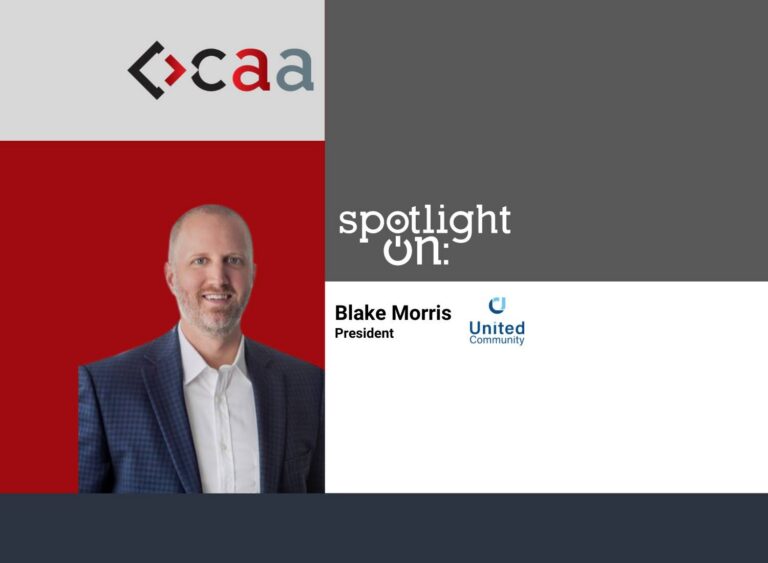Mark Audi, Principal & Partner-in-Charge, Massachusetts Offices, Baker Newman Noyes
In an interview with Invest:, Mark Audi, principal and partner-in-charge of Massachusetts offices at top 100 accounting and advisory firm Baker Newman Noyes (BNN), highlighted the momentum of the firm’s strategic plan and transformative changes in leadership and corporate governance following its managing principal’s retirement. He also emphasized the growing demand for advisory services, the firm’s transition to the HLB Network, and BNN’s commitment to staying independent amid industry consolidation trends.
What were some key milestones and achievements for Baker Newman Noyes during the past year?
The past year has been incredibly busy for us, with many developments that have had long-term positive impacts on our firm. We made a thoughtful decision to change our professional networks, leaving Baker Tilly and joining the HLB Network. This move has been a better fit for our firm today, with HLB’s strong focus on the growth of advisory services aligning with our own. Our participation in the network and with other member firms has allowed us to be nimbler and more responsive, providing the right expertise and coverage for our clients. Shortly after that, we appointed a new leader for our advisory practice, which continues to see strong growth across industries in New England. The breadth and specialties of our advisory team are a differentiator for BNN as a regional, independent firm in New England.
We also had the opportunity this year to look inward and reevaluate our leadership and corporate governance structure after our managing partner of six years announced his retirement. It has been a bittersweet transition for us as we prepare for his retirement but came at a time that coincided well with our strategic planning process. Instead of rushing to name a successor, we paused and assessed what the firm’s needs are today when it comes to leadership. Ultimately, we landed on a new model that aligns with our culture and future vision that has us looking forward to what’s ahead.
On the operations side, we’ve added resources to ease the daily workload for our professionals, and we recently hired a leader for our Client Accounting and Advisory Services (CAAS) practice, which has already yielded tremendous benefits.
Amidst all these changes, we’ve also brought on a number of new clients across service lines that we’re really excited about.
Additionally, as we look ahead, 2025 marks the firm’s 30th anniversary. When the firm was founded back in 1995 in Portland, Maine, I don’t know if the founders could have predicted that in just 30 years, we would grow to be a firm of more than 350 professionals across five offices in three states. We are proud of this milestone and looking forward to celebrating next year with our team, clients, and communities.
What trends are you seeing in the accounting industry, and how is BNN responding?
I think Boston or even more broadly, New England, is experiencing a lot of what the rest of the nation is seeing when it comes to the public accounting industry. Technology, especially AI and automation, is a major focus. It helps improve efficiency and reduce human error, but it requires careful attention to cybersecurity risks.
The demand for advisory services continues to grow, and while I function primarily in the attestation and compliance realm and still believe that auditing and tax services remain fundamental, advisory work is where clients see the most value in their partnership with a professional services firm. We’re fortunate to have a passionate leader in our advisory practice who has developed an innovative strategy that prioritizes tailored advice and solutions for clients, driving great results.
What is BNN’s approach to the consolidation trend across the industry?
Larger firms are acquiring smaller ones to gain market share, expand services, and capitalize on economies of scale. This trend is prevalent in Boston, where regional firms are consolidating to keep up with national and global players. At BNN, we are committed to staying independent, but we recognize that organic growth alone won’t be enough to remain competitive. So, we’re always on the lookout for opportunities that align with our values and vision for the future.
How is BNN approaching talent retention and work-life balance in the current environment?
The talent shortage and the challenge of retaining employees continue to be a key topic of conversation Firms are trying to improve work-life balance by offering more remote and hybrid work options, while also encouraging people to come into the office for meaningful interactions and in-person training and mentoring. Compensation packages are also evolving to meet the needs of today’s working environment. It’s about finding the right balance for your people and the organization.
In terms of diversity, equity, and inclusion (DEI), firms are mindful of creating inclusive environments where everyone feels a sense of belonging. It’s not just about keeping up with societal movements but recognizing the true benefits of inclusivity and diversity in perspectives. At BNN, we see the positive impact when all members of the firm feel welcomed, engaged, and valued.
What sectors are you seeing the most growth in, and how is BNN adapting its services to better serve these industries?
Life sciences, particularly biotech, is booming in Massachusetts. Many companies here start with life-changing ideas, get the necessary investment to transform those ideas into reality, and then eventually go public or get acquired by a larger organization. We’ve pivoted to work with these organizations in an advisory capacity, helping them avoid pitfalls as they scale or assisting in a business transaction. Healthcare and financial services are also strong, and we’re ensuring our subject matter specialists are out in front of clients to provide proactive support.
With the recent interest rate changes and ongoing economic pressures, how is BNN advising clients to navigate these challenges?
Economic uncertainty often leads to increased demand for public accounting services, as clients look to us for guidance. We’re focusing on long-term financial planning and capital strategies that are conservative yet help build wealth. Many companies are also shifting their focus to non-financial strategies, like emphasizing ESG (environmental, social, and governance) initiatives, to maintain stakeholder trust.
Our advisory team is equipped to help clients navigate these changes within their organizations, offering support with financial planning, corporate restructuring, and ESG reporting. We’re also advising on compliance and governance frameworks, helping clients ensure they’re prepared for any new regulations that might emerge.
How do you see automation and technology impacting the industry?
Tech-driven financial services firms and fintech companies are becoming competitors to firms like ours or traditional public accounting firms. These new players offer automated bookkeeping, tax preparation, and other accounting services, challenging us and other traditional firms to innovate and enhance our value proposition. So, like some others in our space, we have started moving away from traditional hourly billing models and shifting towards value-based pricing where fees are tied to the value delivered to the client rather than the time spent on an engagement. We have seen positive results from this approach that helps strengthen our partnerships with clients.
What role does philanthropy and community engagement play in BNN’s business strategy?
Philanthropy is a core part of who we are. One of our key values is caring about others, and that extends to the communities we serve. We’re a big contributor to the United Way, and beyond financial support we prioritize giving our time, which can be just as needed by organizations and rewarding for the volunteers. Each of our offices holds an annual “day of service,” and we regularly incorporate community service into firm events.
Our team is also active outside of firm-sponsored efforts. Many employees are involved in charitable work on their own and often invite coworkers to join them. It’s great to see how passionate everyone is about giving back. The firm’s long-standing commitment to community is a big part of what makes BNN special.
What are the top priorities for BNN over the next two to three years, and what is your outlook for the region?
Our top priorities include maintaining our independence while navigating the consolidation trends in the accounting industry. Retaining talent is also key — we’re proud of our low attrition rate and are continually exploring ways to keep our team engaged, whether through compensation, flexible work arrangements, or lifestyle adjustments.
We’re also focused on executing our strategic plan to ensure we meet our goals over the next few years. While client service is our main focus, we know we need to take care of our people as that put us in the best position to be prepared for the future.
At the end of the day, our leadership team comes together with the belief that we must stay true to who we are as a firm, rather than just trying to keep up with what others are doing. If you lose sight of your identity, you risk losing the people who make your firm great. Change is inevitable and necessary, but it’s important to manage it thoughtfully to maintain the core values that attracted your team and clients in the first place.












